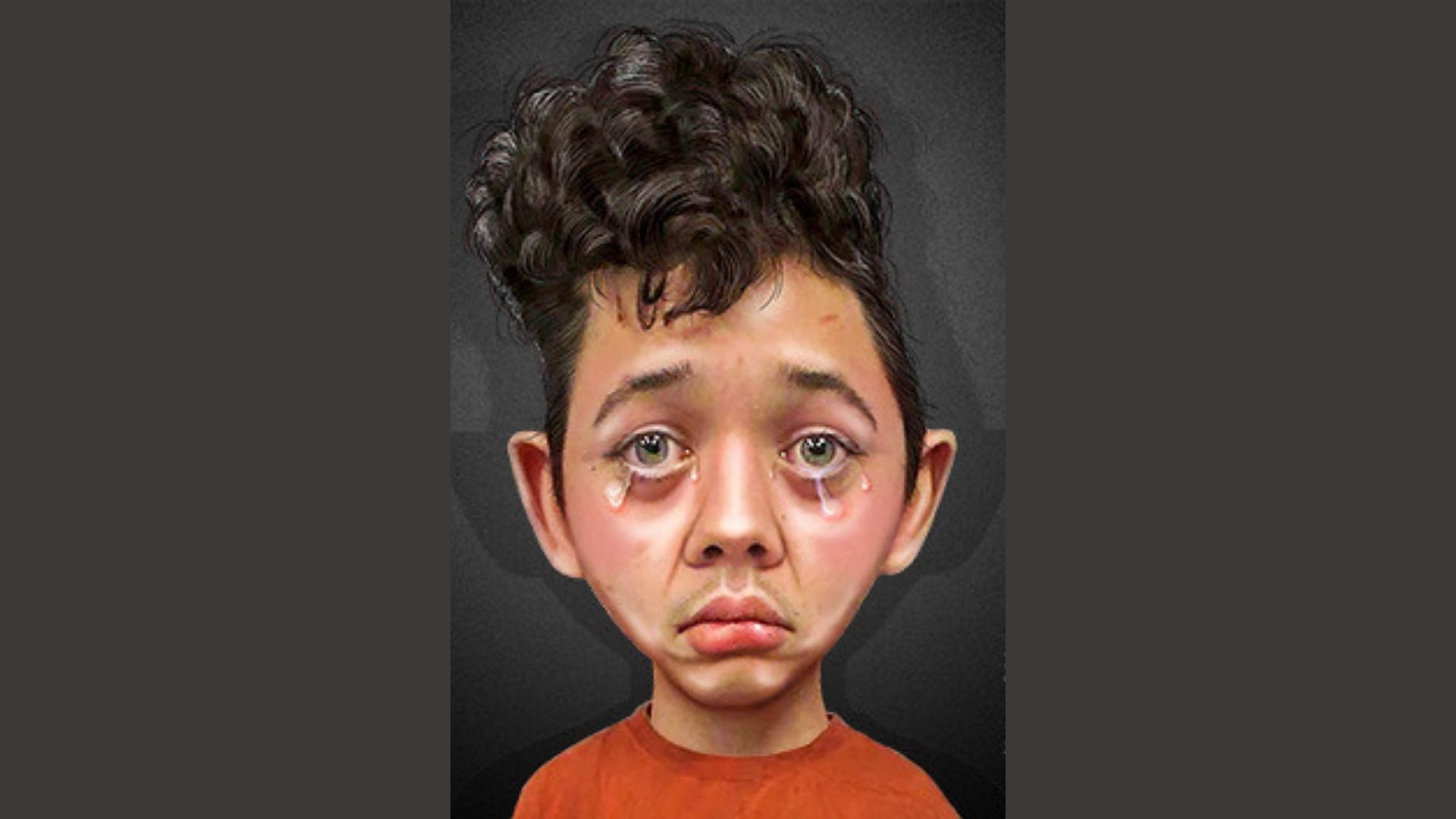18-Year-old Kyle Rittenhouse was tried and acquitted of all charges on Nov. 19 for his trial regarding the shooting of three men at a demonstration in Kenosha, Wisconsin. The demonstration was in support of a black man named Jacob Blake who was shot seven times and wounded by a white policeman in Kenosha. During the demonstration, Rittenhouse pulled out a semiautomatic rifle that was purchased for him and ended up killing two of the men he shot.
Rittenhouse was charged with six counts, which included multiple homicide charges. Five of the charges were acquitted while the remaining one, a misdemeanor weapons charge, was dismissed. During his trial, he stood on a self-defense claim, which meant it was the responsibility of the prosecution to prove beyond a reasonable doubt of this claim. This was something that the prosecution was not able to do, as there was not enough evidence to prove that these people were not a threat to the safety of Rittenhouse.
Professor and expert on the US judicial system, James Sieja, gave some good insight into the logistics of the trial. “From a procedural justice perspective, the trial seemed to go well,” said Sieja. “The judge properly rebuked the prosecutor when the latter tried to abrogate Rittenhouse’s constitutional rights, and the judge provided expansive instructions to the jury to ensure it had all the legal information available to fit the facts it found with the law,” he continued explaining. The outcome of this trail sparked national outrage as the citizens of the United States believe that justice had not been fairly delivered upon. One anonymous SLU student states that she, and others like her, feel that “something more needed to be done to make it a fair case.” She was also shocked at how the case was treated by the judge, as he made inappropriate jokes about Asian food and was seen making coffee during the ending statement by the prosecutor. “At least pretend to care,” she said.
The effects of the case could be lasting based on the amount of backlash that has been received so far. The outcome of this case could affect the way that people perceive the department of justice or strengthen the national outcry for major systematic reform. “The only thing I could see coming out of it is a change in the law of self-defense,” said Sieja. Although he went on to explain that this alteration could cause more negative consequences than good in the justice department, therefore is unlikely.
Dr. Crosby from the department of Psychology gave her insight on the lasting effects. “The fact that the police officer [in the Jacob Blake case] was not charged with a crime, suggests that systemic changes are needed,” said Dr. Crosby. The Blake case was the reason that the crowd was gathered there the day of the shooting, as a demonstration in opposition of racial injustice. This trial has potential to make the crowds shout injustice louder than before, as the radical rejection of the outcome has been heard all around the U.S.



